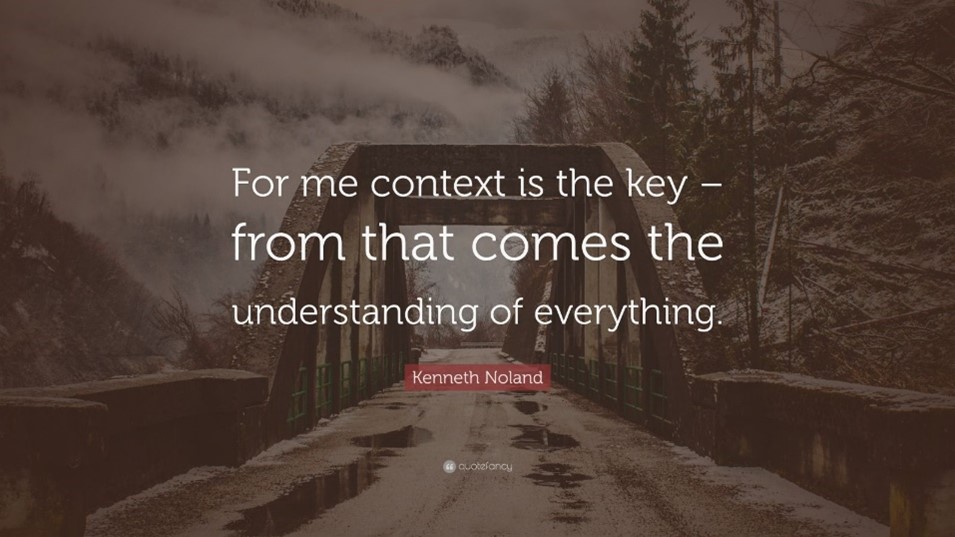
Our last entry was about marriage and showing support. This week is about marriage, context, and interpretation.
If I told you that you could stop by any time, what would that mean to you? Is it a nice thing to say? Is it telling you that you can stop by, but only if you call first? Is it an open invitation? Earlier when Diane and I were dating, I found out that “stop by any time” could mean different things based on how you grew up. The short version is that Diane had once told my dad he could stop by any time. Months later, he dropped by her college apartment without giving her any heads up he was coming. He called her from the parking lot, asked if she was home, and then said he had brought groceries for her and her roommates. Luckily, she was home at the time. After doing a 2-minute frantic clean, she invited my dad to hang out for a bit. (Pic of my parents at our wedding. Yes, I’m a clone of my dad.)
Diane called me later to ask why my dad would do something so weird. I asked her to explain why this was so weird for her and she told me that growing up, she would have NEVER randomly dropped in on anyone and her family would have hated it if anyone did that to them. I now understood the disconnect, so I shared how we were the hang out house growing up and if we told people to stop by any time that meant they were invited to stop by ANY time. We always had people coming and going without any hint they’d be over, and it wasn’t a big deal. When Diane told my dad he could drop by any time, he had just taken her up on that offer like my friends had growing up. Sharing this context helped each other know where they were coming from, so we could figure out how to be on the same page moving forward.
What does this have to do with anything? Think about work for a minute. How often have you thought you were on the same page and then the other person was in a totally different book? In these situations, it’s not always that the other person was wrong. It’s that they were able to draw different conclusions based on their context and surroundings. At those junctures, it’s important to slow down the conversation to figure out why there is a disconnect and figure out how to move forward.
The challenge: How are you being intentional about understanding where people are coming from and finding ways to move forward together?
Have a jolly good day,
Andrew Embry